
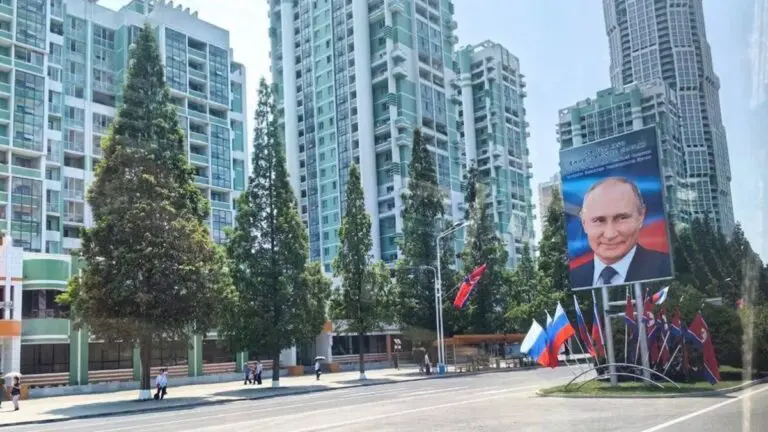
Russian President Vladimir Putin is set to arrive in North Korea to sign a comprehensive strategic partnership agreement with leader Kim Jong Un. The agreement, which is expected to cover defense matters, aims to expand cooperation and counter sanctions from the West. Despite denials from both countries, there is evidence that North Korea has been providing Russia with weapons for use in their conflict with Ukraine.
Russia and North Korea Strengthen Ties Amidst Tensions
Recent Google search trends have highlighted the growing partnership between North Korea and Russia, sparking concern amidst international tensions.
Background:
North Korea has long been isolated due to its nuclear weapons program and human rights abuses. However, Russia has emerged as a key ally, providing economic aid and military support. Despite international sanctions, the two nations have maintained a close relationship.
Recent Developments:
Concerns:
The strengthening of the Russia-North Korea alliance has raised concerns among Western powers and regional neighbors. Critics argue that it could embolden North Korea's nuclear ambitions and undermine global efforts to denuclearize the Korean Peninsula. Additionally, the potential for North Korean weapons to be used in the Ukraine conflict further escalates tensions.
Top 5 FAQs and Answers:
Russia seeks to expand its global influence, counter Western sanctions, and secure access to North Korea's mineral resources.
The agreement is expected to include defense cooperation, economic assistance, and measures to counter Western sanctions.
There is evidence suggesting that North Korea has been supplying Russia with weapons for use in the Ukraine conflict, although both countries have denied it.
The partnership could embolden North Korea's nuclear ambitions, undermine efforts to denuclearize the Korean Peninsula, and exacerbate tensions in the region.
Western powers and regional neighbors have expressed concern and condemned the partnership, calling on both countries to abide by international norms.
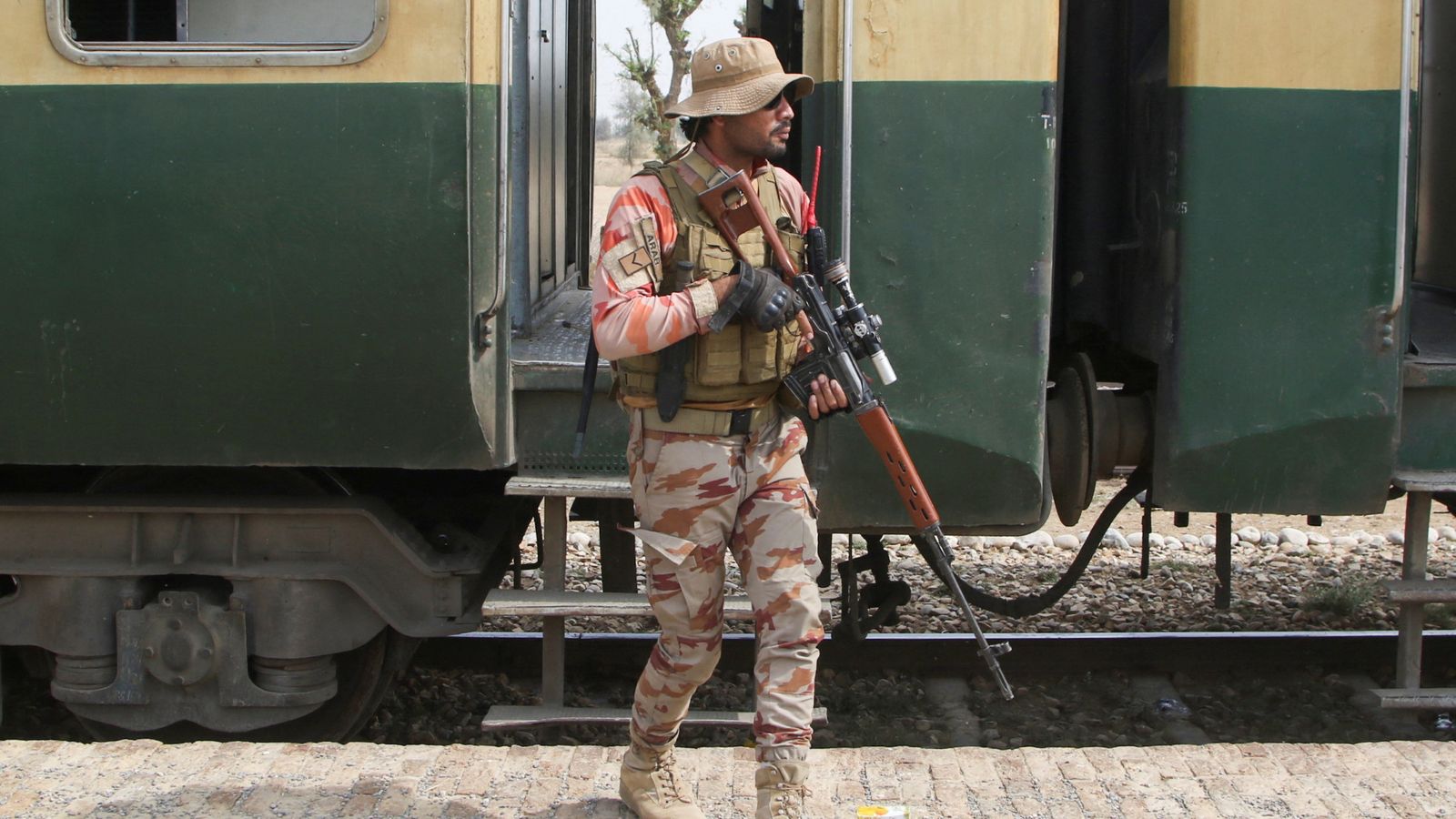
As a train siege in Balochistan province continued for a second day, Pakistani security forces have successfully rescued 155 passengers and eliminated 27 terrorists. The operation is still ongoing as around 450 passengers were taken hostage by the militants. The security sources provided updates on the situation on Wednesday, highlighting the ongoing efforts to bring the situation under control.
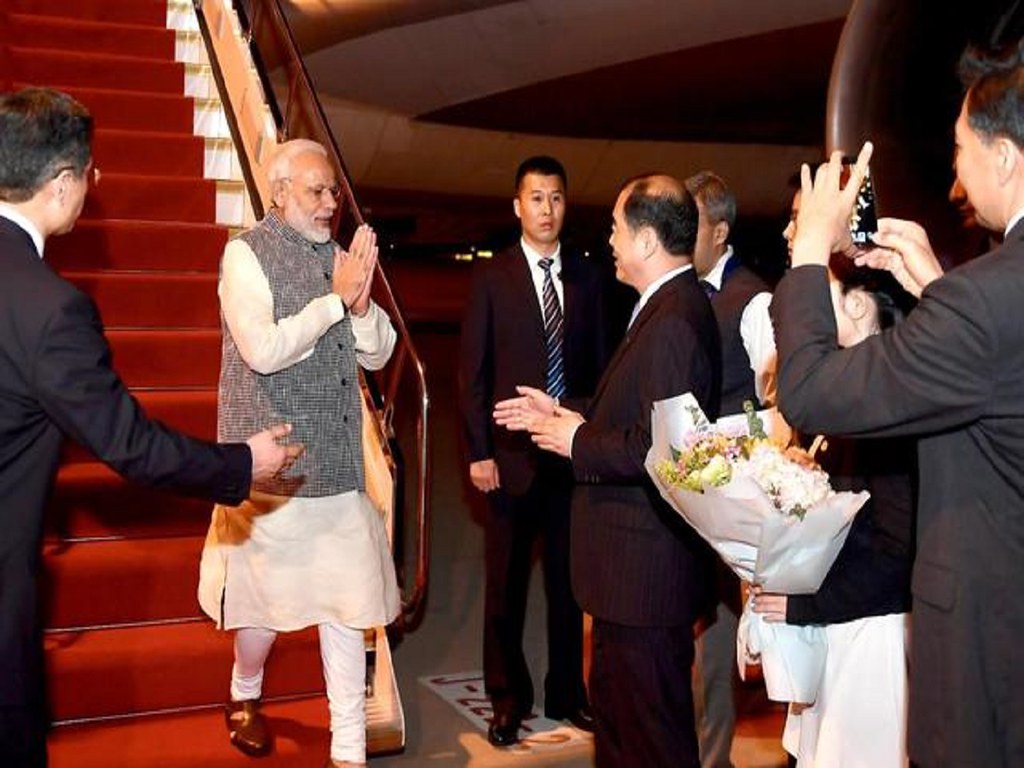
Prime Minister Narendra Modi and Bangladesh Chief Adviser Muhammad Yunus met at the BIMSTEC Summit, marking their first encounter since former Bangladesh Prime Minister Sheikh Hasina's ouster. The meeting comes in the midst of diplomatic tensions after Yunus's comments during his visit to China, where he encouraged their influence in Bangladesh, referring to the country as the "only guardian of the ocean" in the region. This remark was met with criticism from India's External Affairs Minister S Jaishankar, who highlighted India's expanding connectivity in the Northeast as a hub for the BIMSTEC countries.
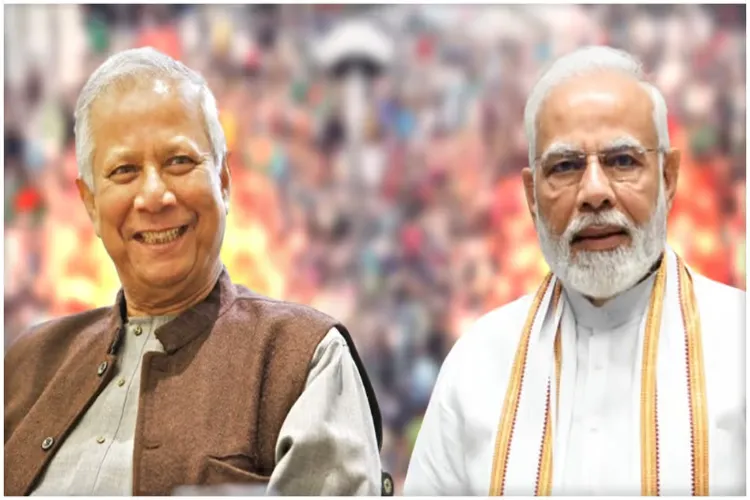
Indian Prime Minister Narendra Modi and Bangladesh's Chief Adviser Muhammad Yunus met at the BIMSTEC Summit in Thailand, marking their first meeting since Yunus took office. This comes after a period of muted bilateral engagement following the ouster of former Prime Minister Sheikh Hasina. The meeting addresses tensions caused by Yunus' controversial statement about the Northeast region and highlights India's efforts to strengthen the BIMSTEC region through connectivity. In a separate news, actor Ahn Bo Hyun has reportedly unfollowed Kim Soo Hyun amidst the latter's downfall following a dating scandal involving the late actor Kim Sae Ron.
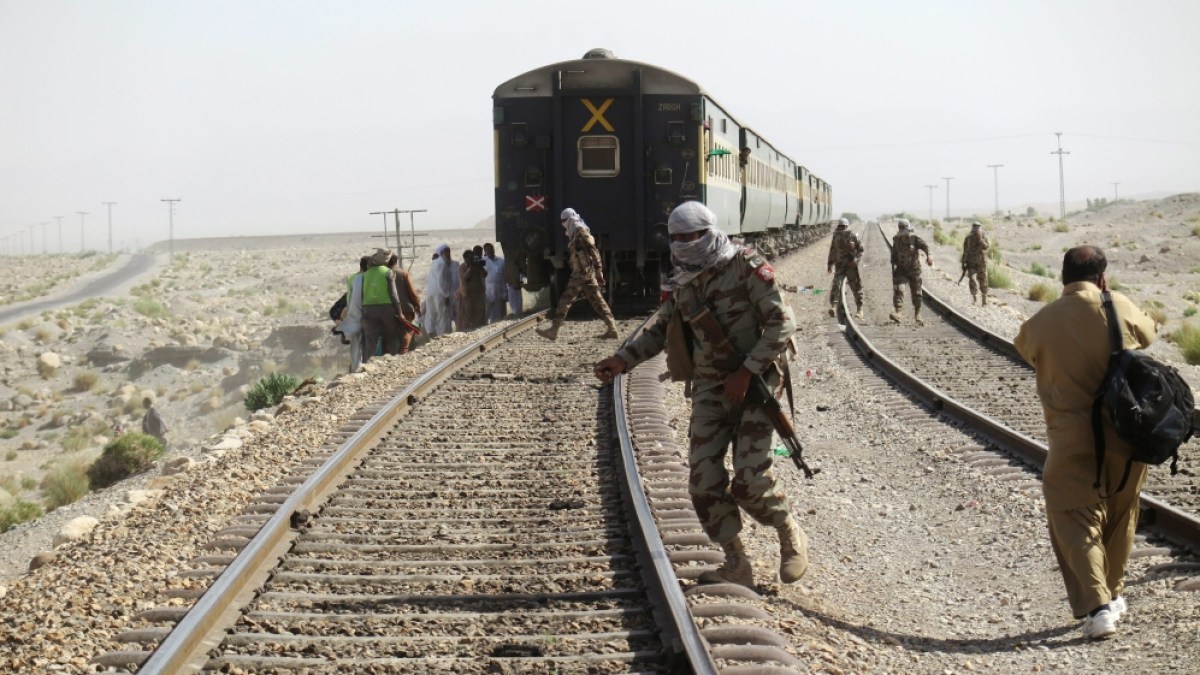
More than 150 hostages have been freed from a train siege in the restive Balochistan region of Pakistan, after armed rebels hijacked the train on Tuesday. The rebels, members of the Baloch Liberation Army seeking independence from Pakistan, have demanded the release of Baloch political prisoners in exchange for the safe return of the remaining hostages. The ongoing firefight between the rebels and Pakistani forces has left at least 27 rebels dead. Many of the freed hostages reported being forced to abandon family members they were separated from during the ordeal, as they trekked through difficult mountainous terrain to reach safety.

The Indian Prime Minister's Office (PMO) has intervened to swiftly finalize the Terms of Reference (ToR) for a Bilateral Trade Agreement (BTA) with the United States. The ToR outlines the framework for negotiations and was still pending as US negotiators left India after four days of talks. US President Donald Trump hinted at possible relief for India from sweeping tariffs, while the United States Trade Representative (USTR) raised concerns over various Indian trade barriers, putting pressure on India to amend its trade policies. However, experts warn that India must assess each demand through its own national priorities and values.

The US President's decision to impose tariffs on China not only affects the country, but also popular transshipping destinations used by Chinese exporters. This has also led to increased tariff hikes on third countries such as Vietnam, which have become alternative destinations for companies to transship goods and avoid US duties. The Vietnamese government has responded by lowering tax rates on imports of American goods and forming a task force to mitigate the impact of these tariffs.
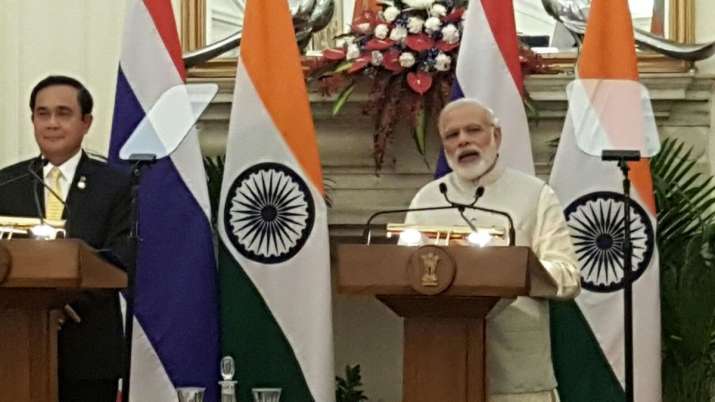
Indian Prime Minister Narendra Modi was warmly welcomed by Thai Prime Minister Paetongtarn Shinawatra in Bangkok as they exchanged MoUs and discussed cooperative possibilities. PM Modi expressed gratitude for the warm welcome and solidarity with the Thai people after the recent earthquake. He was also presented with the Tipitaka, a revered compilation of Lord Buddha's teachings, showcasing India's spiritual leadership and strong ties with Buddhist nations.
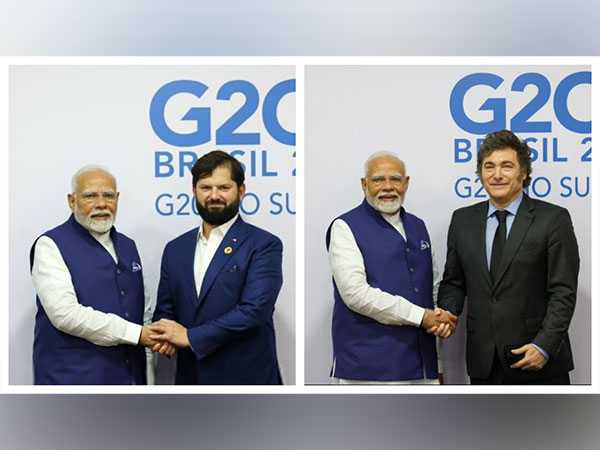
Indian Prime Minister Narendra Modi welcomed Chilean President Gabriel Boric at Hyderabad House in New Delhi. The two leaders discussed ways to strengthen the already "strong" bilateral ties between the two countries. President Boric also paid tribute to Mahatma Gandhi at Raj Ghat, emphasizing the shared fundamental values between India and Chile. This is President Boric's first visit to India since taking office and he is accompanied by a high-level delegation of ministers, officials, media, and prominent Chileans.
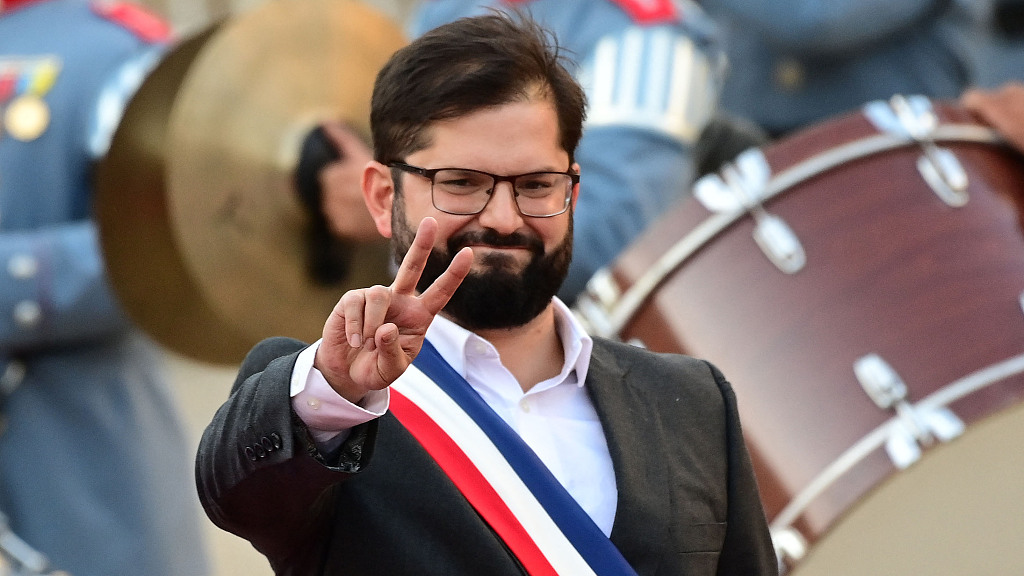
Chilean President Gabriel Boric is set to begin a five-day state visit to India on Tuesday, at the invitation of Prime Minister Narendra Modi. The visit will focus on reviewing bilateral ties and discussing international issues of mutual interest, with meetings scheduled between Boric and Modi, as well as President Droupadi Murmu. Additionally, Union Finance Minister Nirmala Sitharaman will launch a portal providing comprehensive data on socio-economic and fiscal parameters of Indian states, while the Supreme Court is scheduled to hear a plea challenging the validity of a provision of the Places of Worship (Special Provisions) Act, 1991.

NASA astronaut Sunita Williams has announced her plans to visit India and meet the Indian Space Research Organisation (ISRO) team during her trip. Williams, who has Indian roots, shared her excitement about returning to her father's home country and expressed admiration for India's beauty from space. She also mentioned her interest in the upcoming ISRO mission and its Indian astronauts.